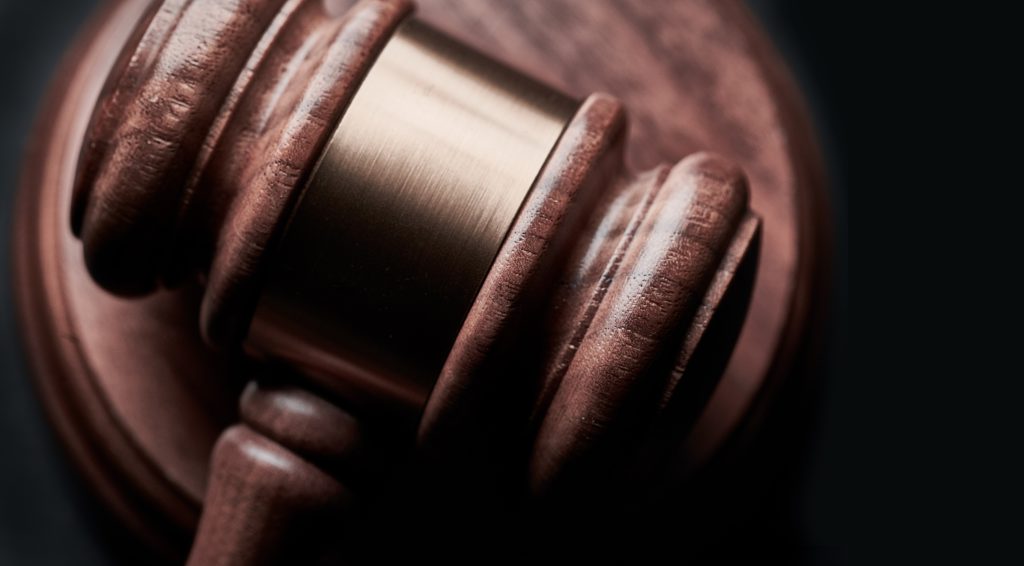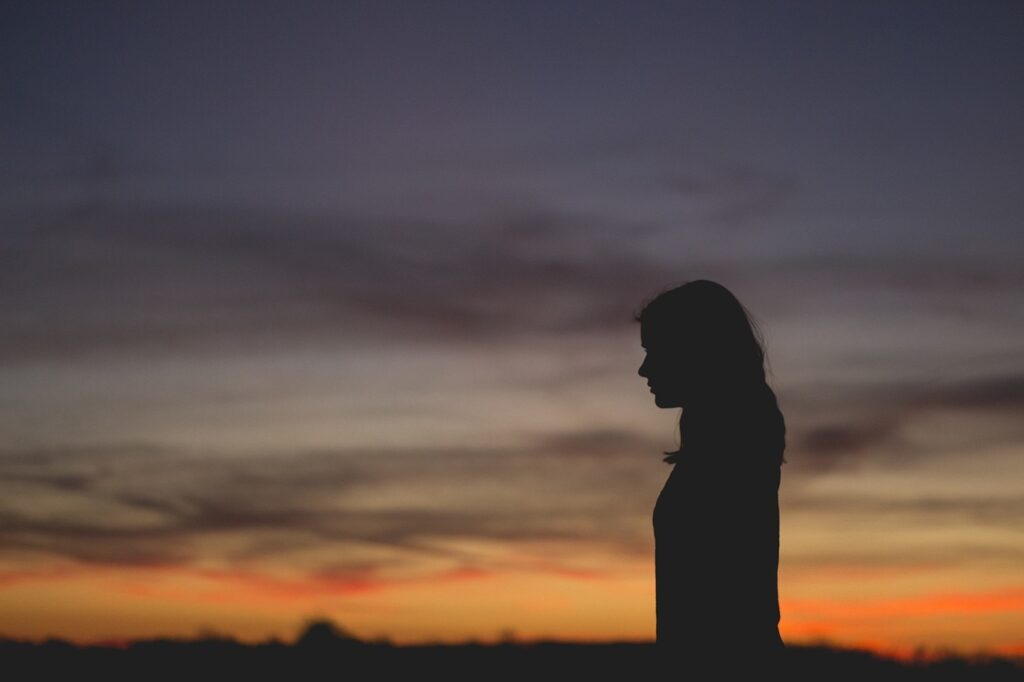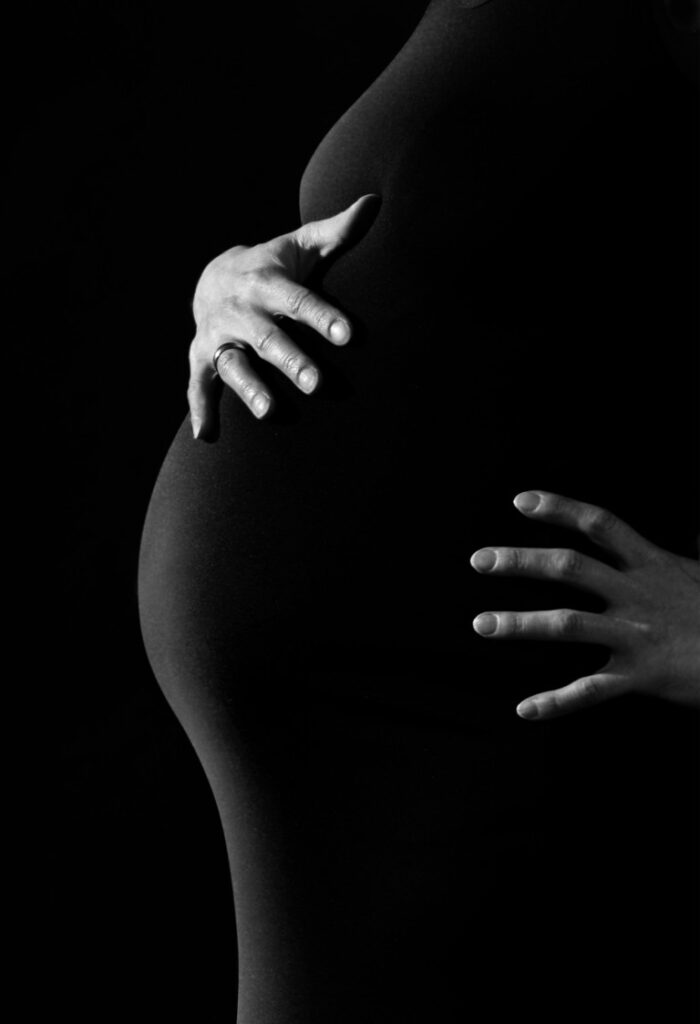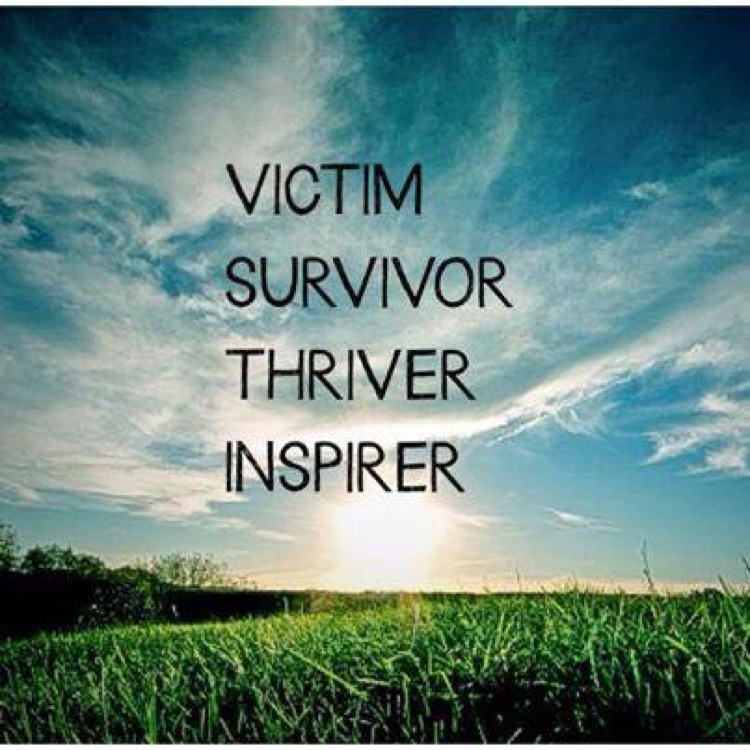
I sat on the bathroom counter, with lipstick smeared on my mouth and blush on my cheeks, perplexed by the boy in the mirror staring back at me. My hands trembled, rattling the bangles from my mother’s prized set, but the boy in the mirror fearlessly adorned the bangles on his wrists, gleaming brighter.
My stubby feet felt awkward in my amma’s heels, but the boy in the mirror strutted across the tile floor with comfort and grace. My stature was slumped, but the boy in the mirror’s silhouette danced and dazzled in the warm light. Draped in a pashmina shawl, he was free from all responsibilities or scrutinizing gazes. I yearned to be the boy in the mirror. But suddenly, the boy in the mirror vanished, the door slammed open, the lights flickered on, and I was jolted back to reality by a familiar slap as tears stung my rosy cheeks.
The pathway for me to grow into the boy in the mirror isn’t defined by a finite destination, rather it is a continual pursuit of soul-care. The three photos are snapshots of the joys and tribulations that have accompanied my identity as a queer Muslim. Authenticity isn’t always steady progress or coming out, especially for queer folks of color who may lead double lives. Although the three photos are in a certain order, I may weave back and forth between grief caused by family and the joy of falling in love.
The first photo in the photo series captures the excruciating embarrasment on my back as I realized I was not heterosexual. My immediate response was to conceal parts of myself, as the photo depicts with my fingers covering my face from external pressures. For my conservative family, I made my queerness to be palatable—modestly veiling myself in guilt and shame, concealing my effeminate voice, erasing my flamboyant body language, and suppressing the flutters in my heart for boys. My expression was often confined to the walls of that locked bathroom. Although I was occupying a small space, I felt thrilled as my masculinity and my femininity fused into new possibilities as the boy in the mirror performed low budget drag shows. My act of queer rebellion was wearing makeup, nail polish, or henna. The black nail polish on my fingernails illustrate that even if I wasn’t out to my family, I could still express my queerness in creative ways. In that tiled space, I dreamed of a grand Pakistani & Muslim wedding where my mom would feed me and my husband my favorite sweets. My mind would jump to an alternate reality where my fondness for braiding hair was not a caricature for aunts to ridicule. As I determined what queerness meant for me, I also began to explore my brown skin and my body simultaneously, reflected in the second photo. I longed to be with someone that I felt attracted towards, not whom I was supposed to love. My queerness wanted to escape my body through my lips and intertwine with another’s queer journey.
However, to survive at home, my queerness couldn’t take up much space. I winced at how cousins made homophobic jokes in my presence, yet I still laughed. I overcompensated on the basketball court, desperately trying to blend in with the boys my age. When my dad made a scathing comment about the queer cashier at Nordstrom Rack, I yearned to make friends with them and just release the melancholic grief I felt. But instead, I lowered my gaze against my queer will and frowned wistfully. Although I was exploring myself, I still needed to protect myself from the very real violence that is presented against queer Muslim folks and queer folks of color. This is not cowardice, this is a survival instinct I had to quickly learn.
When I interacted with prayer spaces, the veil of guilt and shame suffocated me. Between late night Isha prayers & dawn Fajr prayers, I sobbed on the prayer mat in my duas for Allah (SWT) to let me wake up without these feelings. I begged for Him to let me pass this test or to show me any Divine signs of a solution. I only received silence in return and I quickly grew resentful of my existence. I often retreated by placing my heavy head in my hands, as shown in the first photo. All of the heavy sentiments I associated with spirituality and Islam transferred into my body as I absorbed the trauma.
Unable to fathom a queer future for myself, I thought to myself surely, there is a way out of this. Hushed voices of anxiety would provoke embedded fears to sinfully reveal themselves in different forms. It could be my family being ostracized out of the local mosque or shamed from family gatherings. It could also be my body being sent away to be reconfigured by a belt in Pakistan. Yet it could be as simple as losing my dear amma’s hugs. My anxiety imagined thousands of perilous scenarios and none of them included the radiant boy in the mirror. Instead, I worried about what would become of my family once they discovered their son’s authentic identity. I was disturbed by thoughts of my parents & grandparents going into cardiac shock and their chronic mental illness unraveling. I scrutinized over sources of financial assistance as I derived that I would be homeless, since surely my family would sever ties with me. As I normalized all of this as the typical experience of a teenage boy, my depression would sink in, like the shadows lurking in the pictures. Night after night, my pillow would dampen with my silent tears. As I stared aimlessly at the ceiling in my tiny cramped room, I was unable to dream of a future where my life was not spun into a web of ornate little lies.
And so, I tried to rewire myself with the fallacy that I was straight.
In high school, I felt the urge to alleviate the strain on my back to let someone in. After an entire lifetime of concealing, I whispered my truth to close friends in school hallways to be met with affirmative nods and a few giggles. I breathed a sigh of relief as I could share silly crushes with them, but more importantly have a space where I could unveil myself just a bit more. I recall uttering the phrase, “I am gay,” for the first time to my best friend at the time in high school. I slipped it in casually during a conversation after lunch. She laughed and said she already knew but she supported me. I couldn’t contain my giddiness for the rest of the day because I could finally breathe a little more. Before I had time to explain more, the bell rang and so, we quickly sat ourselves in the classroom. We exchanged glances and smiled, but what was unspoken was the sense of comfort I had never felt before. I was never able to be emotionally vulnerable with anyone before and this would be the first person I could share that with. I started to reduce the policing of my emotions, as I let go of some control- indicated by the second photo of my body diminished its stiffness. I was able to begin communicating my emotions without fear of misogynistic retribution.
Although with college came independence, I felt disconnected, living a dual reality. In many “queer-affirming spaces,” older white men & sneering white twinks made me feel undesirable and fetishized in my brown skin. Once again, I wanted to shrink myself into my hands, pleading to Allah (SWT) for help. I was thrust into gay dating apps that centered around hypersexuality and eurocentric ableist beauty standards. Men started conversations by inquiring what sexual position I was, rejected me because of my crooked teeth, or retorted that I was too feminine. Without any guide into this space, I became a mere chess piece that was shuffled around in harmful ways, until I understood that I had not fully resolved my trauma and simply craved validation.
On the other hand, as I tried to fill the longing for a Muslim space that could provide community & spirituality, I received cold stares and exclusivity. In my freshman year, a Muslim boy reached out to me to become friends, only to recoil when he discovered I was queer. In prayer spaces, I felt watched and alienated, hearing whispers as soon I entered the room. Despite the lack of acceptance from my Muslim Students Association, I was able to find my Muslim best friends who empowered me to live my authentic truth. The knots in my body loosened just a little bit. Yet, still I began to grow numb to the friction between my sexuality and my spirituality.
The tension in my body began to soften with the warmth of genuine queer inspiration. I began to venture into digital Queer spaces for South Asians and Muslims. I found community organizations like Khush DC that were able to provide safety. I was able to speak my truth for the first time in a public forum within the Queer Muslim Project and it was magical to feel the love from my queer Muslim siblings. I found sukoon (serenity) in reading the memoirs of my queer siblings and in appreciating the art of Salman Toor. The poetry of Rumi has also led me to prioritize soul love and compassion for myself. Dr. Scott Siraj Al-Haqq Kugle, Dr. Imam Omar Suleiman, Dr. Butch Ware, Dr. Amina Wadud and Sameera Qureshi are only a few Muslim scholars I seek guidance to shape my virtues as a Queer Muslim. I engage with queer Muslims in worship via Masjid al-Rabia, a space centering marginalized Muslims. Building a community with disabled Muslims, Black Muslims, Shia Muslims, Ahmadi Muslims, and reverts, has been majestic as we learn how our identities are intentional marks of strength from Allah (SWT). As I look at my hands in the third picture, I am reminding myself of my divine & imperfect existence.
Through my journey to liberate myself from the shackles of guilt and shame, I have begun to heal my mind, body, and soul. I was guided to pursue therapy with a trauma-informed, Muslim, and queer-affirming healer. Coupled with my therapy sessions, I intentionally honored the identity that God created for me and confidently interacted with Muslim spaces in the way I felt most comfortable. I began to speak to God fluidly about how I was feeling and I found myself leaving the prayer mat feeling reassured. As a self-loving Queer Muslim, I have centered my spiritual heart via queer Muslim prayer circles & intentional prayer reflections. As I build community with fierce Queer Muslim warriors, radiant possibilites are illuminated. I challenge my mindsets everyday, unlearning internalized biases I hold as a result of being raised in a settler-colonial state. May we all have the patience and compassion to live authentic, joyful lives just like the boy in the mirror.
- Dameer (he/his)
The writer has chosen to use this pseudonym for safety reasons. Dameer means heart & conscience in Arabic, and the writer attempts to inflict “Dameer” into every one of his actions. The lived reality for many Queer Muslims may look different and may involve concealment, but it also indicates self-preservation & courage.




